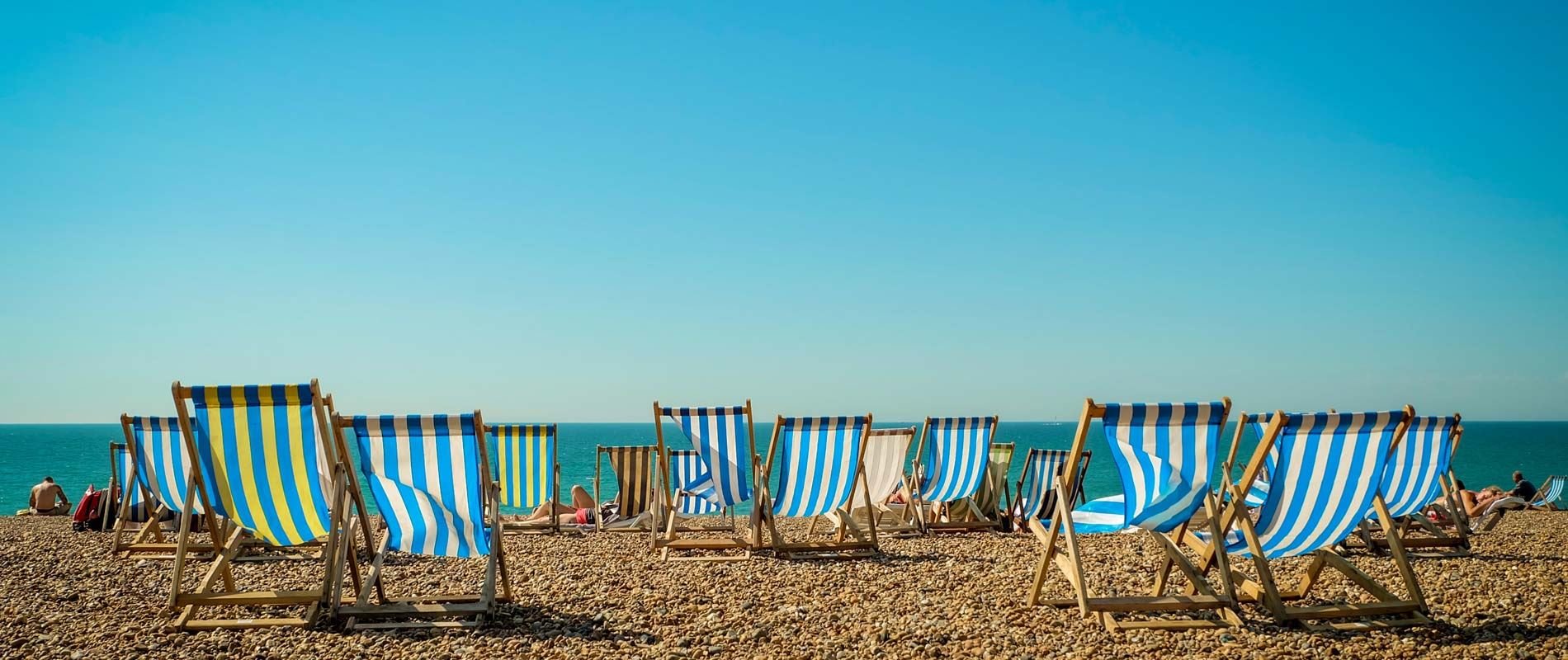

You can now book up to the end of December 2025 with our flexible payment options!¹

Share your glamping adventures with us!
Share your love of the great outdoors and upload photos from your recent glamping stay with us
Inspiring ideas from Experience Freedom
Terms and conditions
Save 15% on our new locations
Your 15% discount will be automatically applied at checkout. Book by midnight on Thursday 31 July 2025. This offer can be combined with other Experience Freedom offers including the Caravan and Motorhome Club / Experience Freedom member discount.
Camp, glamp or hire with us
^Based on a stay Monday to Thursday in a classic safari tent at Daleacres campsite between 9 Jun 2025 - 17 Jul 2025 for up to 5 people. Terms and conditions apply.
*Prices shown are for 2 night stays between Monday to Thursday in low season. A minimum stay of 2 nights applies. Terms and conditions apply.
**Camping price based on Exeter Racecourse, 1 adult + 1 pitch. Valid from 1 Apr to 17 Apr 2025 and 22 Sep - 22 Oct 2025. Terms and conditions apply.
1A deposit of 25% of total booking value is payable 28 days prior to arrival date for 2025 bookings. See full terms and conditions.




















